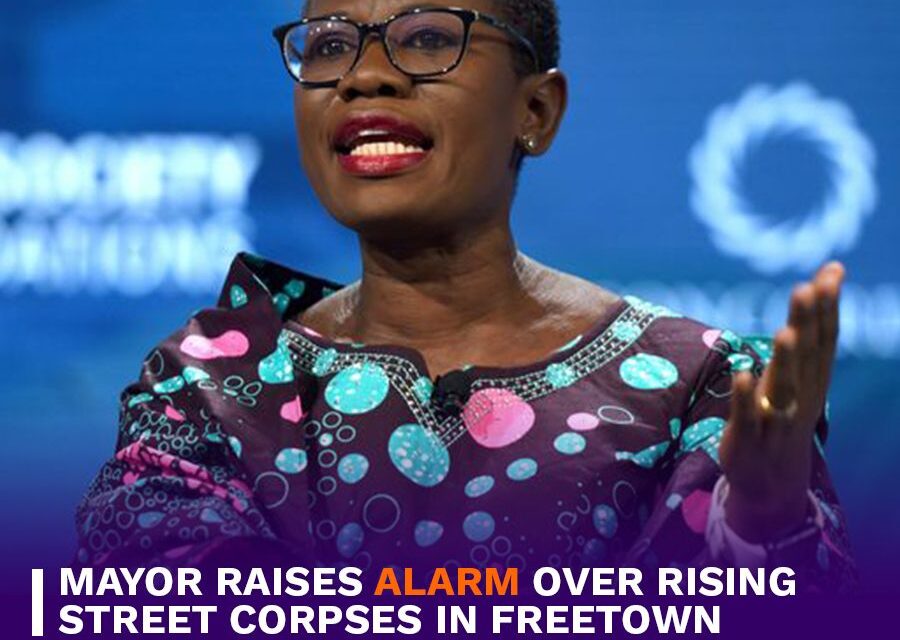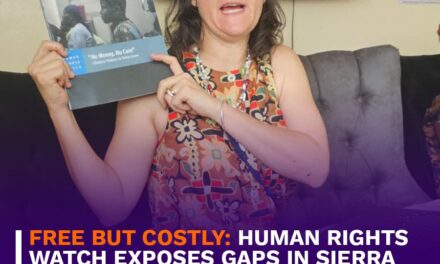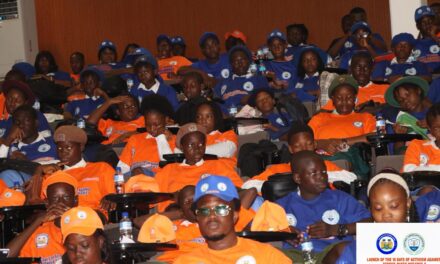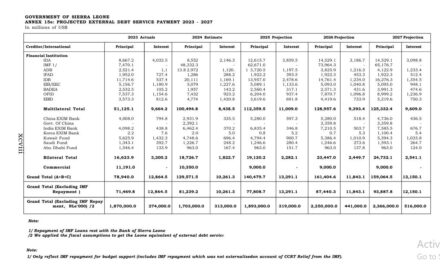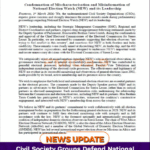Freetown, September 24th 2025- The Mayor of Freetown has sounded the alarm over a disturbing surge in the number of corpses found on the city’s streets, many believed to be linked to the growing abuse of the synthetic drug Kush.
In a letter addressed to Internal Affairs Minister Hon. AIG (Rtd) Morie Lengor Esq, the Mayor described the situation as “neither natural nor acceptable,” warning that the frequency of street deaths has escalated from occasional to near-daily occurrences.
“This phenomenon cannot be met with silence,” the Mayor wrote. “It demands a coordinated and urgent inquiry into the underlying causes of these deaths and the implementation of decisive measures to curb the growing loss of young lives in our city.”
According to records cited in the letter, Freetown City Council collected 142 corpses between January and August 13, 2025, 136 of them male and just six female. In the following four weeks alone, an additional 32 bodies were recovered, 31 of them male. The overwhelming majority are young people, underscoring what the Mayor called a “deeply troubling” trend.
Although the Local Government Act of 2022 does not explicitly mandate the council to manage such cases, Freetown City Council has historically provided pauper burials for destitute individuals who die on the streets. But the scale of the current crisis has forced the council to establish a dedicated burial team, equipped with gloves, masks, disinfectants, body bags, and a fueled vehicle, an unbudgeted strain on already limited resources.
While the financial burden is significant, the Mayor emphasized that the moral and societal implications are far more pressing. “Freetown City Council cannot continue to collect and bury our youth in silence,” the letter stated. “If no action is taken, we will have no alternative but to suspend the collection of these corpses.”
The Mayor’s appeal calls for immediate government intervention and pledges the council’s willingness to collaborate on solutions. The letter also serves as a sobering reminder of the human cost of Sierra Leone’s drug crisis and the urgent need for a multi-sector response.
